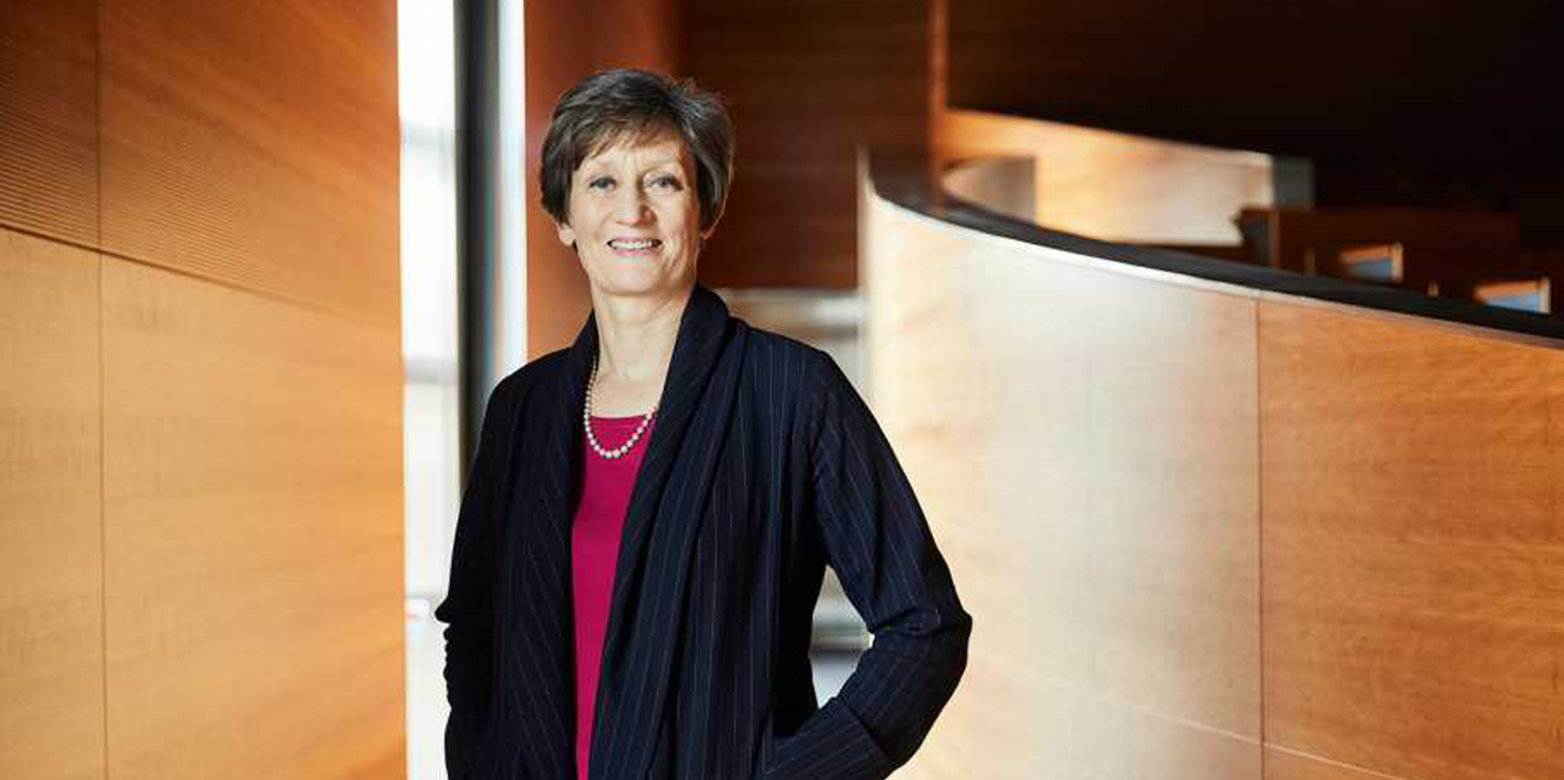“We are missing out on too many talented female students”
ETH Zurich has been trying for years to increase the percentage of women in its ranks, not least among its students. So far, these efforts have not met with huge success. Why is that? And what is ETH doing to attract more female students? We asked Rector Sarah Springman. (Re-post from ETH News)

Diversity constitutes a major success factor for ETH Zurich. Within this context, promoting women at all levels is a high priority for the Institute of Science, Technology and Policy. Whether as a student, doctoral student, assistant or full professor, or as a scientific, technical or administrative staff member, more women contribute additional – and different – perspectives.
Professor Springman, this year women make up 34 percent of the university’s new Bachelor students. That corresponds to an increase of around 3 percentage points over the last 10 years. Are you happy with these results?
There is still a lot more to be done – I wish we had as many young women as men wanting to study at ETH. We are missing out on too many talented female students. However I’m pleased to see that the trend is going in the right direction.
Why is it taking so long?
We are having to battle with stereotypes that are entrenched throughout our society. There are certain professions that are still regarded as typically female or male. We see that with our degree programmes too: in the Department of Health Sciences and Technology, for example, women make up nearly two thirds of the students. And there are more female students than male in the Departments of Environmental Systems Science and Biology.
Which areas have the lowest percentage of women?
The traditional engineering sciences: mechanical engineering, computer science and electrical engineering. Women are very much in the minority in these fields – and they make up just 12 to 20 percent of the students, depending on the degree programme. Although it is precisely these departments that are making the biggest efforts to attract future female students.
Tell us about these efforts…
The departments invite schoolgirls to ETH so that current female students and alumnae can show them what they can expect if they would come to study here and what varied and exciting jobs they could expect to compete for with an engineering degree. Events such as the computer science days for girls, or joint events to promote female mechanical engineers and electrical engineers, are attended by dozens of interested young women. And we offer special STEM taster courses for girls on National Future Day too.
"We can all help to bring about change"Sarah Springman, Rector
As a professor, were you able to promote gender equality actively?
I was obviously able to have a direct influence on my group. I have hired 15 men and 7 women over the last 17 years and half of my postdocs were women. It goes without saying that they were all paid the same. I was also very keen to help members of my group balance work with their family responsibilities – we introduced the option of home working early on and we always took parents’ commitments into account when arranging meetings.
You are now the Rector of the university. What kind of leverage do you have?
One of the most important contributions I can make is to bring a female perspective to the decision-making bodies at ETH. Women often have a different mentality to men. Sometimes they’re not as good at negotiating, for example. This is particularly significant when it comes to appointing new professors. And it’s important to me, as a general rule, to champion high-performing women wherever appropriate.
Could you give us an example?
A few weeks ago, Professor Evelyn Hu was awarded an honorary doctorate on ETH Day, whereas 9 percent of the honorary doctors between 2008 and 2014 were women. I pointed this out to the departments, who put forward the annual nominations. There are many outstanding potential female recipients worldwide. And it made a real difference: over the last five years, the proportion of women has increased to 43 percent of the total. This example may not appear to be hugely significant by itself, but what I’m trying to say is that if we are sufficiently aware of certain issues, we can all help to bring about change in our day-to-day lives.
- For the full interview, please visit the ETH News webpage.